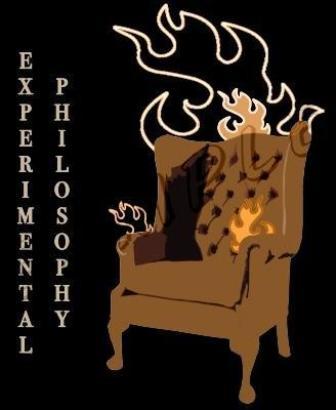
@xphilosopher
Experimental philosophy: An interdisciplinary field that uses the collection of empirical data to shed light on philosophical issues.

@xphilosopher
Experimental philosophy: An interdisciplinary field that uses the collection of empirical data to shed light on philosophical issues.